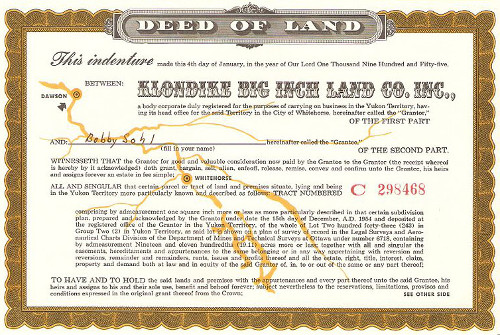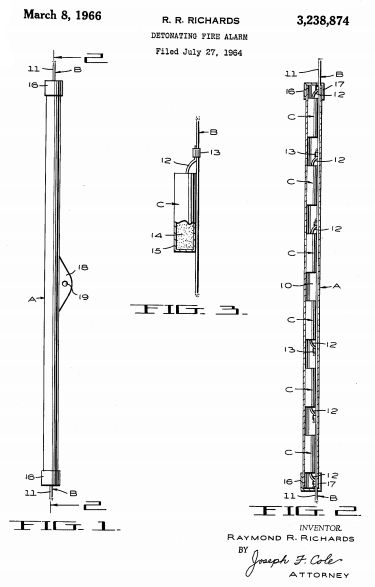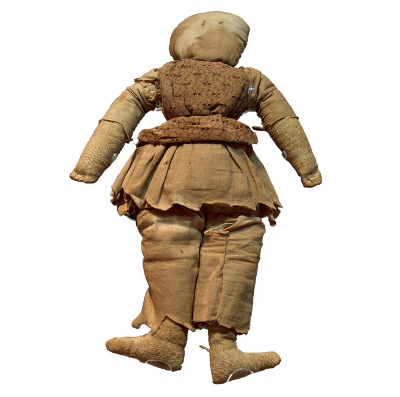Here’s an excerpt from Jude the Obscure:
Jude stood bending over the kettle, with his watch in his hand, timing the eggs, so that his back was turned to the little inner chamber where the children lay. A shriek from Sue suddenly caused him to start round. He saw that the door of the room, or rather closet — which had seemed to go heavily upon its hinges as she pushed it back — was open, and that Sue had sunk to the floor just within it. Hastening forward to pick her up he turned his eyes to the little bed spread on the boards; no children were there. He looked in bewilderment round the room. At the back of the door were fixed two hooks for hanging garments, and from these the forms of the two youngest children were suspended, by a piece of box-cord round each of their necks, while from a nail a few yards off the body of little Jude was hanging in a similar manner. An overturned chair was near the elder boy, and his glazed eyes were slanted into the room; but those of the girl and the baby boy were closed.
Suppose Hardy had added, “And this was all for the good, for there were too many children already.”
Many readers would feel their imaginative engagement with the narrative give out at this point. In reading fiction we seem to be quite willing to believe all manner of outlandish and unnatural things — magic, time travel, fantastic creatures — but when an author invites us to imagine a world in which the moral facts are different, we resist.
“Whatever speculative errors may be found in the polite writings of any age or country, they detract but little from the value of those compositions,” wrote David Hume in 1757. “There needs but a certain turn of thought or imagination to make us enter into all the opinions, which then prevailed, and relish the sentiments or conclusions derived from them. But a very violent effort is requisite to change our judgment of manners, and excite sentiments of approbation or blame, love or hatred, different from those to which the mind from long custom has been familiarized. And where a man is confident of the rectitude of that moral standard, by which he judges, he is justly jealous of it, and will not pervert the sentiments of his heart for a moment, in complaisance to any writer whatsoever.” Why is this?
(Stuart Brock, “The Puzzle of Imaginative Failure,” Philosophical Quarterly 62:248 [July 2012], 443-463.)






